Today’s economies and the global value chains that supply them face a dual challenge: On the one hand, we are at high risk of exceeding our planetary boundaries, threatening to irreversibly propel the Earth system into a new equilibrium that is less hospitable for human civilization. On the other hand, basic human needs remain unmet and many individuals struggle to achieve prosperous incomes and dignified livelihoods, while inequality is on the rise.
How should lifestyles, consumption, production and business practices – as well as business models and forms – change in order to preserve natural resources and ensure the well-being of individuals and communities? What approaches can help to distribute income along value chains, empower marginalized smallholder farmers and workers, and ensure inclusive transformations towards sustainable systems? What new ways or models of living, working and traveling can support societal sustainability transformations? What mechanisms govern these processes, and how effective are they in creating change?
Our research addresses these vital questions by investigating the governance and transformations of sustainability at different scales, ranging from global value chains to local communities and from the societal to the individual level. We aim to identify institutions and strategies that can generate real-world changes in market actors’ and individuals’ behavior, and understand the resulting impacts in biophysical and socio-economic systems.
Research foci
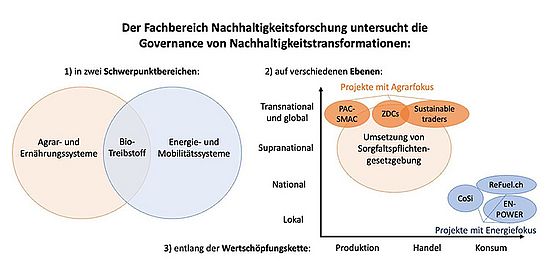
We pursue a number of research projects situated at global, European and Swiss scales.
Our group pursues two main thematic foci: First, the sustainability governance of agri-food value chains and food systems; and second, sustainability transitions and their governance in the energy and mobility sector.
This research focuses on the transnational governance of sustainability in global value chains and the options of states, firms, NGOs and other actors to improve the environmental and social sustainability of commodity production. We draw on both qualitative and quantitative data, including expert interviews, producer surveys and focus group discussions, to understand questions of effectiveness, equity, and power dynamics in governing sustainability along global value chains. We place a special emphasis on the governance of tropical agricultural commodities such as coffee and palm oil. Current projects and topics of interest include:
- The role of traders as sustainability governance actors
- The paradoxes of climate-smart coffee production
- The evolution of private governance and public-private governance interactions
- The implementation of due diligence legislations (such as the EU Deforestation Regulation) and consequences for goal attainment and producer inclusion
Our research into sustainability transitions is dynamic, cutting edge, with a strong inter- and transdisciplinary focus. In our projects, we work with partners from other disciplines and stakeholders from outside of academia. We examine multiple aspects of energy transitions. This includes understanding (sustainable) consumption behaviour and its change in diverse domains and topics, looking at various levels of analysis (individual, household, group/social networks but also societal trends) and often taking a holistic approach when investigating topics such as renewable energy communities, Positive Energy Districts, Superblocks, and towns or districts that are transitioning. In our research we focus on different concepts or aspects, such as bottom-up and top-down governance, movements, social innovations, democracy, justice as well as drivers and barriers for policies and interventions. We apply theories and empirical findings from different disciplines such as psychology, sociology, political and consumer science and use qualitative and quantitative research methods, such as surveys, experiments, focus groups and living lab research.
- Determinants of (sustainable) energy consumption across different energy domains (mobility, electricity, heating/cooling and food)
- Decision-making and behaviour change in energy transitions
- Bottom-up/top-down governance in sustainability transitions
- Success factors and scaling up of Living Labs
- Positive Energy Districts, Superblocks and Smart Cities
- Energy poverty and energy justice
Current Research Projects
Contact
Quick Links

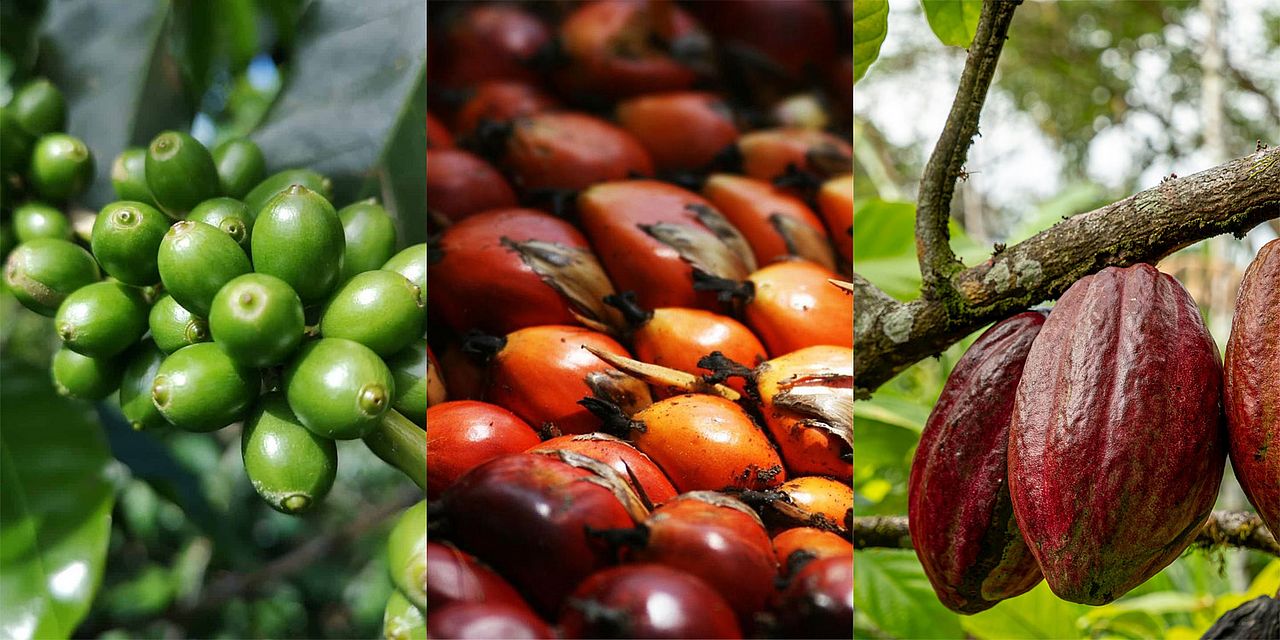
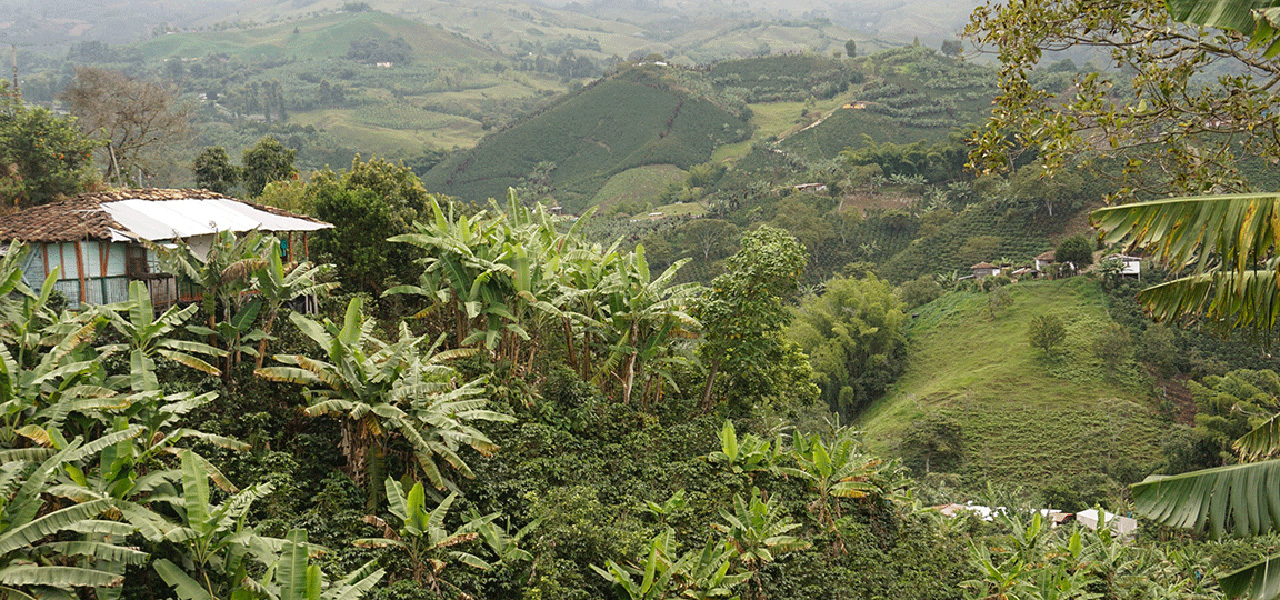
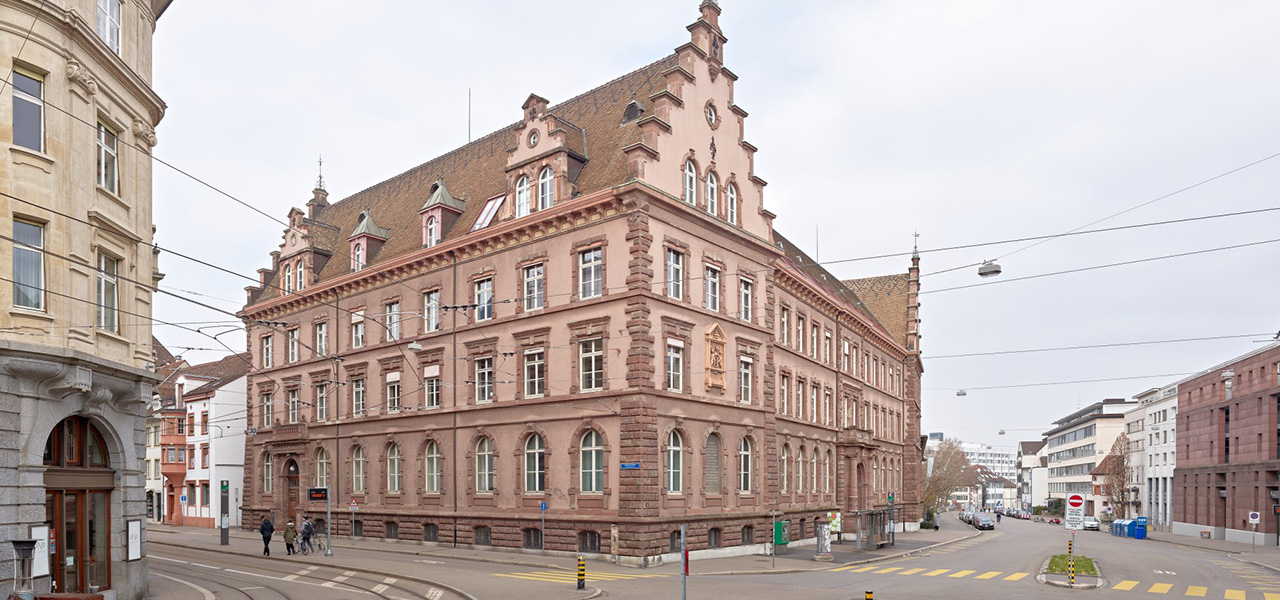
![[Translate to English:] UNIverse](https://nachhaltigkeit.philhist.unibas.ch/fileadmin/user_upload/nachhaltigkeit/Schluesselbilder/UNIverse_Datenbank.jpg)
![[Translate to English:] Publications](https://nachhaltigkeit.philhist.unibas.ch/fileadmin/_processed_/9/c/csm_Publikationen_Sustainablity_87a280f785.jpg)
![[Translate to English:] Forschungskolloquium](https://nachhaltigkeit.philhist.unibas.ch/fileadmin/_processed_/d/3/csm_Header_Sustainabality-2_1130af3fec.jpg)



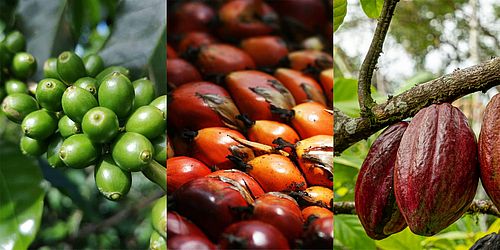
![[Translate to English:] Cosi](https://nachhaltigkeit.philhist.unibas.ch/fileadmin/_processed_/e/c/csm_Sweetcosi_Forschungsprojekt_d32ed0dec5.jpg)
![[Translate to English:] Refuel](https://nachhaltigkeit.philhist.unibas.ch/fileadmin/_processed_/7/9/csm_Refuel_Forschungsprojekt_54a43a6f97.jpg)
![[Translate to English:] ENPower](https://nachhaltigkeit.philhist.unibas.ch/fileadmin/_processed_/7/5/csm_Enpower_Forschungsprojekt_189d9928e0.jpg)